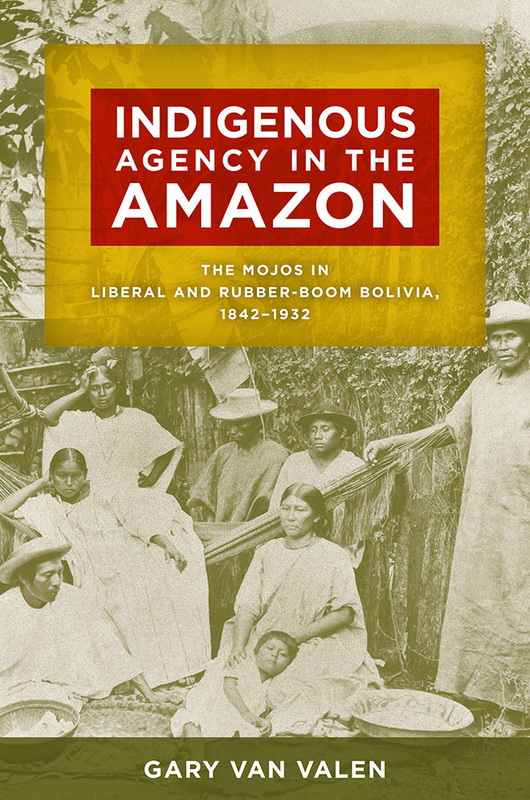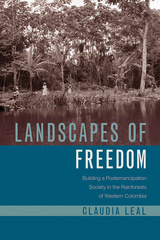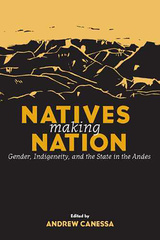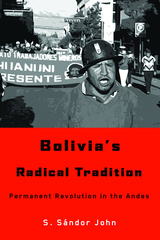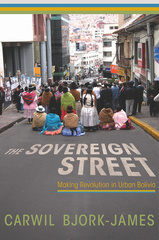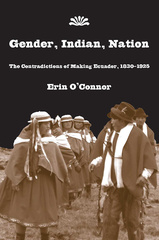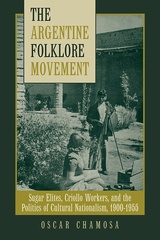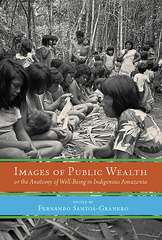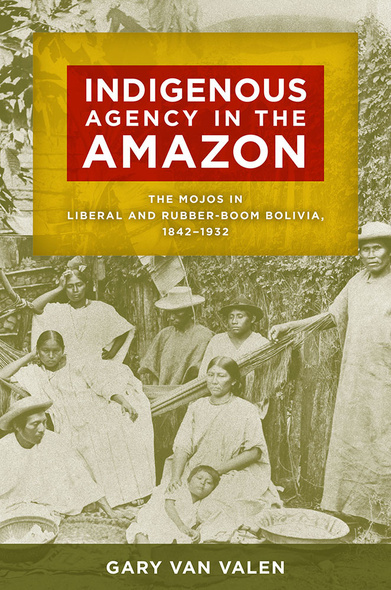
264 pages, 6 x 9
16 photos, 2 maps, 6 tables
Hardcover
Release Date:21 Feb 2013
ISBN:9780816521180
Indigenous Agency in the Amazon
The Mojos in Liberal and Rubber-Boom Bolivia, 1842–1932
The University of Arizona Press
The largest group of indigenous people in the Bolivian Amazon, the Mojos, has coexisted with non-Natives since the late 1600s, when they accepted Jesuit missionaries into their homeland, converted to Catholicism, and adapted their traditional lifestyle to the conventions of mission life. Nearly two hundred years later they faced two new challenges: liberalism and the rubber boom. White authorities promoted liberalism as a way of modernizing the region and ordered the dismantling of much of the social structure of the missions. The rubber boom created a demand for labor, which took the Mojos away from their savanna towns and into the northern rain forests.
Gary Van Valen postulates that as ex-mission Indians who lived on a frontier, the Mojos had an expanded capacity to adapt that helped them meet these challenges. Their frontier life provided them with the space and mind-set to move their agricultural plots and cattle herds, join independent indigenous groups, or move to Brazil. Their mission history gave them the experience they needed to participate in the rubber export economy and the politics of white society. Van Valen argues that the indigenous Mojos also learned how to manipulate liberal discourse to their advantage. He demonstrates that the Mojos were able to survive the rubber boom, claim the right of equality promised by the liberal state, and preserve important elements of the culture they inherited from the missions.
Scholars, students, and the general public who want a deeper understanding of the complexities of modern Latin America will find this book very valuable.’—Hispanic American Historical Review
‘Van Valen explores the Bolivian Amazon, a region that has consistently received little attention from historians. Furthermore, it adds to our knowledge of frontier regions; a new and growing trend in Latin American history.’—Bridget Chesterton, Buffalo State College
‘Van Valen bolsters his points with a sophisticated selection of secondary sources to situate the Mojos and their struggles within broader trends in the historiography of Bolivia and Latin America at large. He is clearly an authority on the ethnohistory of Amazonia-subtropical Bolivia.’—Javier F. Marion, associate professor of history at Emmanuel College
Gary Van Valen is an associate professor of history at the University of West Georgia.
Acknowledgments
Introduction
1. The Llanos de Mojos
2. Liberalism Comes to the Llanos
3. A Country Vulcanized
4. The Ventriloquist Messiah
5. The Citizen Cacique
6. Trinidad and San Ignacio
Conclusion
Notes
Glossary
Bibliography
Index

